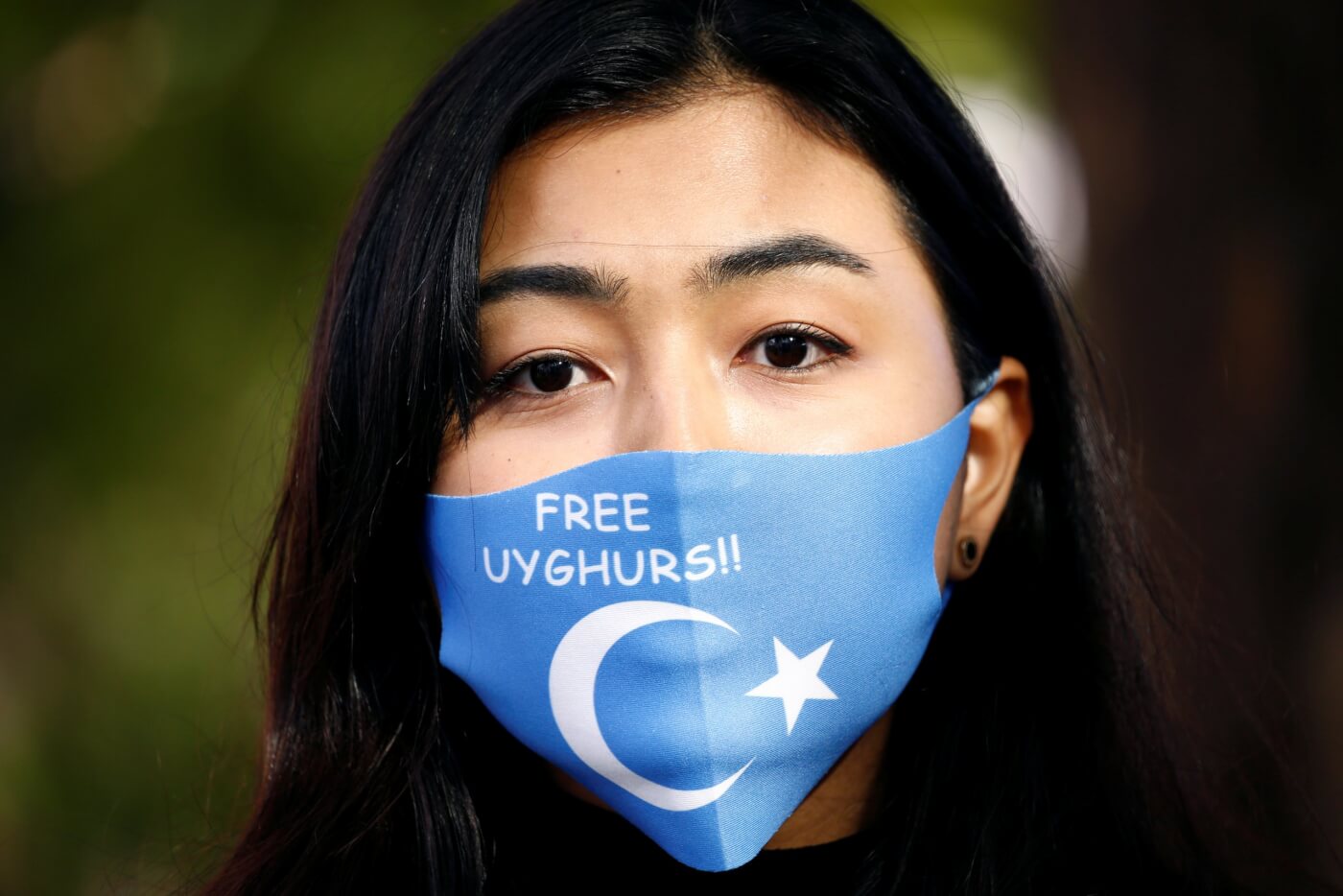A leaked report accidentally published online has exposed how Chinese labour programmes in Xinjiang are designed to reduce the population density of Uyghur minorities.
The research by academics at Nankai University, compiled for senior levels of the Chinese government, outlined how large numbers of Uyghurs were shepherded thousands of kilometers away to sever their ties at home and undermine their culture.
The report found that these relocations:
“not only reduces Uyghur population density in Xinjiang, but also is an important method to influence, fuse and assimilate Uyghur minorities,”
Up until now the government has denied claims it is attempting to alter demographics in the far-western region and upheld that such transfers were aimed at raising incomes and tackling unemployment and poverty. A National Ethnic Affairs Commission document had previously claimed the intent was to guide the Uyghurs “to become models of hard work, national unity and law abiding.”
The detailed study provides a fresh understanding of the transfer of Uyghur labour across the country in recent years.
The report was initially posted in late 2019 but was swiftly taken down. However, it was discovered and archived by Uyghur academic Dr. Adrian Zenz and subsequently leaked.
Its release into the public sphere adds to growing evidence that China is presiding over a concerted effort to persecute Uyghurs and comes after both the Canadian Parliament and Dutch government found Beijing guilty of genocide within a week of each other.
Upon reviewing the Nankai report, former senior adviser to the US Holocaust Memorial Museum, Erin Farrell Rosenberg found “credible grounds to conclude” that Xinjiang’s labour transfer programme met the criteria of two crimes against humanity, saying:
“there is substantial evidence that the Chinese government is carrying out a widespread and systematic attack against the Uighur civilian population pursuant to a government policy…Further, there are credible grounds to conclude that, as a part of the attack, the crimes against humanity of forcible transfer and persecution are occurring.”
It is believed that the government has now organised transfers of more than 600,000 Uyghurs and members of other minority groups from Xinjiang to other parts of China. Hundreds of thousands more have been relocated to other parts of Xinjiang.
In some cases, Uyghurs have been moved more than 3,500 kilometers away.
According to Adrian Zenz, the senior fellow in China studies at the Victims of Communism Memorial Foundation who archived the study, the report demonstrates that:
“labour transfer, population control and the whole re-education [effort] are all part of the same package.”
While the report describes the processing and transferring of surplus labour as different to the detention of large numbers of the Uyghur population in Xinjiang, it has been run parallel to this detention to further the same aims.
Worryingly, while Chinese authorities have stated that the number of detainees who have now “graduated” from these re-education has increased, so has the number of Uyghurs relocated to factories.
In a statement to the BBC, the Chinese government said the report: “reflects only the author’s personal view and much of its contents are not in line with the facts”.
China has consistently maintained complete denial of the atrocities committed against the Uyghur minority, which include the arbitrary detention of around 1 million people, forced sterilisation, the suppression and destruction of religion and culture, and intense surveillance.
On Friday 26 February, the United Nations High Commissioner for Human Rights Michelle Bachelet reiterated her previous call for UN access and an independent assessment of the situation in Xinjiang.
In response to the call, China’s delegate to the United Nations Jiang Duan, told the UN human rights council:
“The door to Xinjiang is always open, and we welcome the high commissioner to visit Xinjiang. Communication is kept up between the two sides, but the aim of the visit is to provide exchanges and cooperation rather than … so-called investigation based on ‘guilty before proven’,”
Despite the positive response it remains to be seen whether the Chinese government will remain true to this commitment, as of yet no date for such an inspection has been agreed upon.

